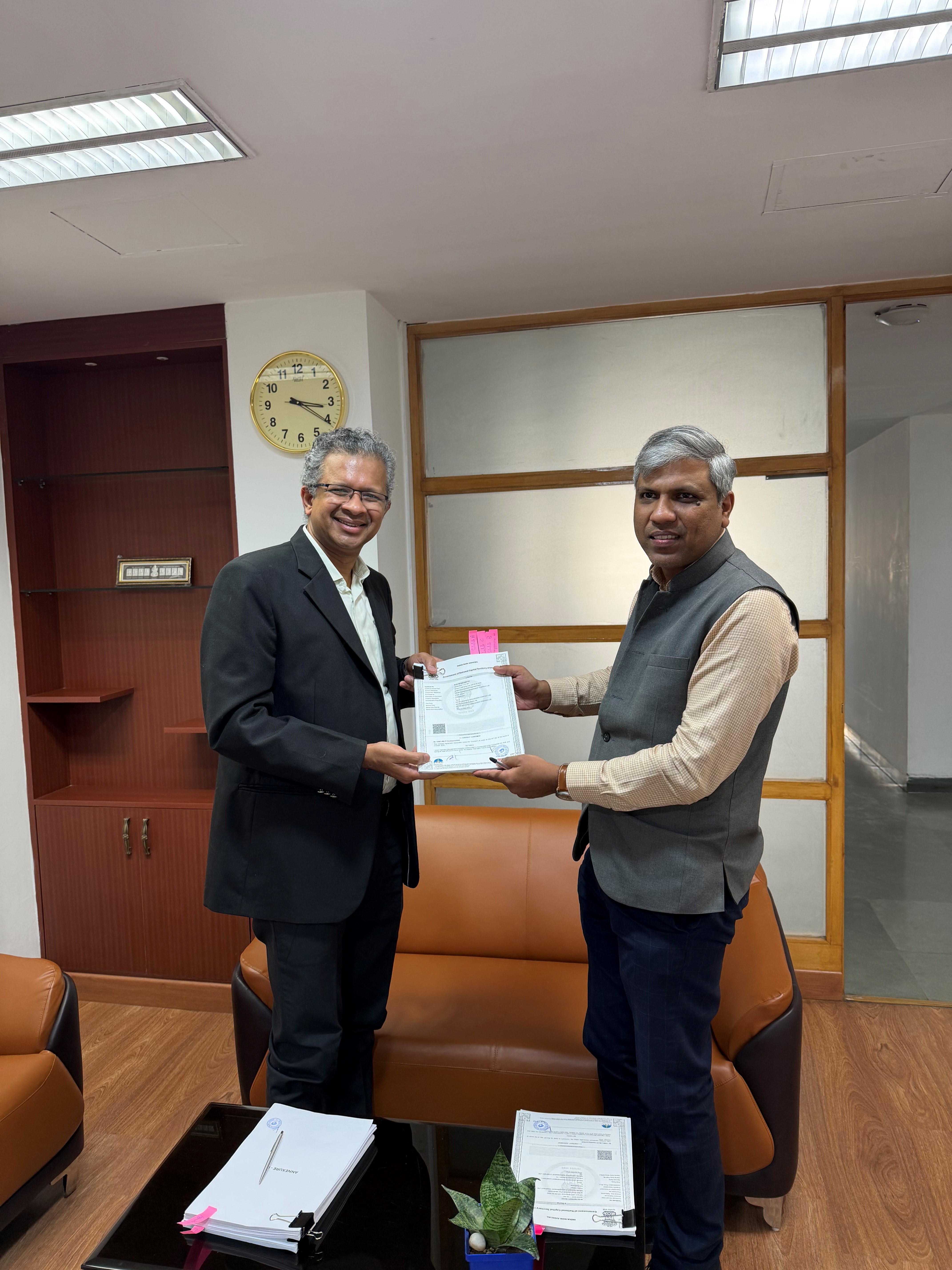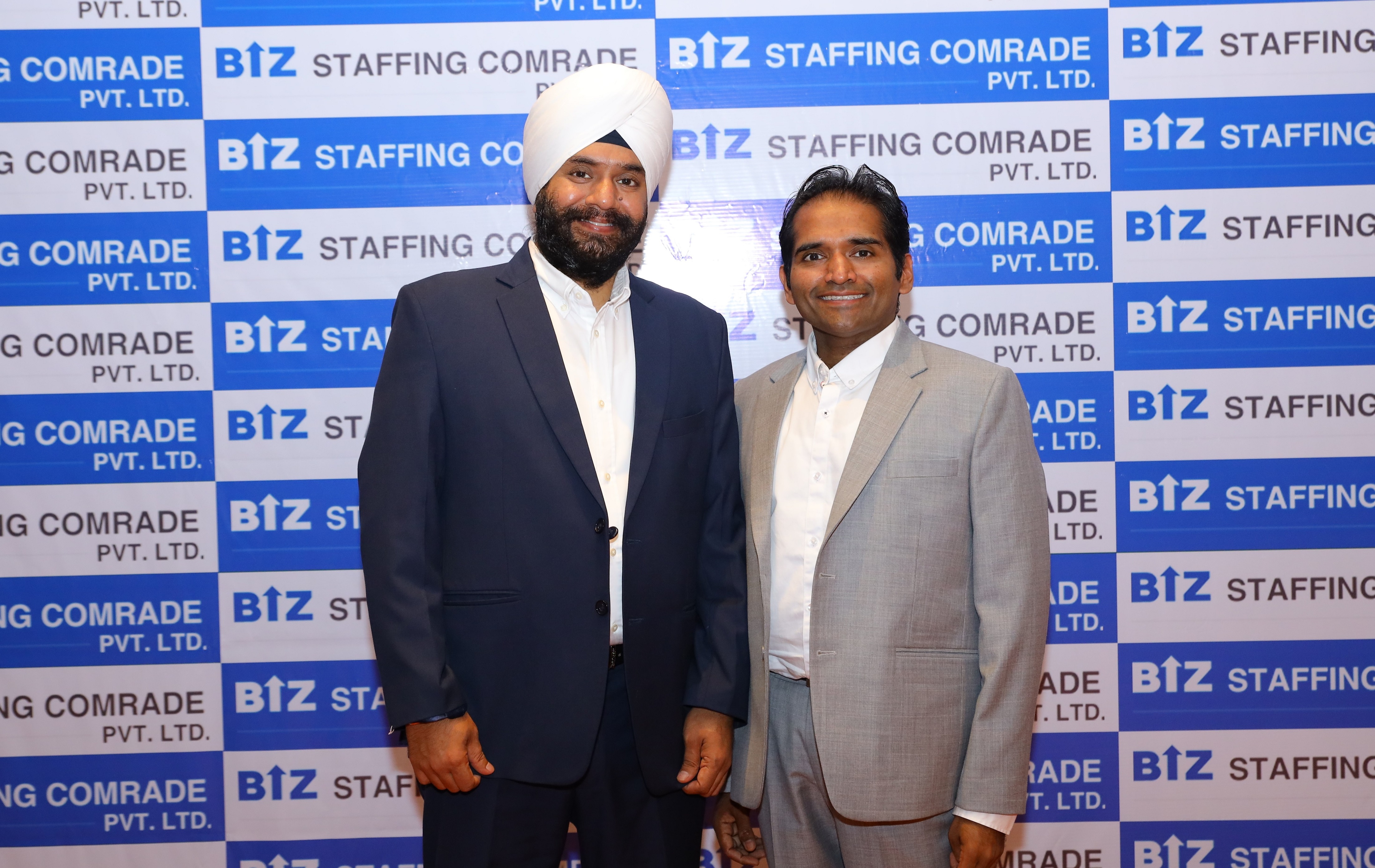India, Nov 27: Icertis, the global leader in AI-powered contract intelligence, today announced the acquisition of Dioptra to further accelerate its best-of-breed AI technology for enterprise contracting. This marks the next milestone in the company’s long-term AI strategy following the launch of Icertis Vera and signals an inflection point in contract lifecycle management (CLM) innovation.
More than 80 percent of C-suite leaders are ready to let AI agents support contract negotiations, and AI capabilities from Icertis and Dioptra are turning this vision into reality. Dioptra’s surgical redlining and automated playbook creation augment the Icertis Contract Intelligence platform to advance speed and accuracy in contract operations and reimagine every contract interaction as an AI-first experience.
“Icertis and Dioptra share a commitment to keep customers at the forefront of what’s possible with AI. Their technology and talent are the perfect complement to underscore our leadership and enable Icertis to deliver even greater value across the entire contract lifecycle,” said Anand Subbaraman, CEO, Icertis. “Icertis has the most robust contract data repository in the market, and that enables us to deliver more accurate AI that understands the intention of contracts. Dioptra’s legal-centric tools will be an added catalyst to adoption of our platform as we continue to define the future of contracting with breakthrough AI.”
Contract data was historically housed in an average of 24 different systems, according to World Commerce & Contracting. Today, Icertis Contract Intelligence unifies contract data across the enterprise, delivering AI-driven insights, operations, and performance in one platform to streamline contract creation, optimise negotiations, and position businesses to realise long-term outcomes from their agreements. Dioptra builds on the Icertis platform’s operations capabilities – powered by Vera – with pre-signature agents that automate playbook creation based on existing contracts and handle first line of review on every new agreement. Together, this next-gen AI brings enterprises one step closer to fully autonomous contracting – where every agreement performs as intended and legal talent is deployed to its highest and best use.
“Becoming part of Icertis was a natural next step after Dioptra’s success as a Y Combinator startup and the early results from our partnership,” said Farah Gasmi, Co-founder of Dioptra. “It was clear from day one that we have a shared mindset around the opportunity to transform contracts into strategic business assets, and our team is excited to help drive this next chapter in Icertis’ journey as an AI company.”
Dioptra’s founders, hailing from Spotify, IBM Watson, and academic roles at Columbia University, will join the Icertis product and engineering teams to shape the future of AI-powered contract intelligence. Their legal expertise will further evolve the Icertis AI roadmap, positioning customers to gain:
· Automated playbook creation based on existing contracts to speed time to value, reinforce negotiation best-practices, and maximise outcomes with fully custom, AI-ready playbooks.
· Agent-powered risk review that instantly pinpoints noncompliance with governance standards and generates a streamlined issues list to minimise liability.
· Interactive surgical redlines that align precisely with bespoke playbooks to drive greater efficiency in contract reviews and alleviate legal workloads.
· One-click clause insertion via an integrated clause library to expedite contract drafting and pre-signature processes.
“Enterprises – particularly legal teams – demand accuracy, transparency, and defensibility from AI. Icertis is the AI company legal departments can trust to bridge the gap between innovation and governance and deploy contract AI with confidence,” said Subbaraman.
Icertis makes every contract deliver to turn contract clarity into operational confidence. Through next-gen offerings like Vera Agents, deep partnerships with AI leaders like SAP and Microsoft, and the financial viability to invest in long-term innovation, Icertis is rapidly advancing contract-specific AI that reflects the true intent of business agreements.

